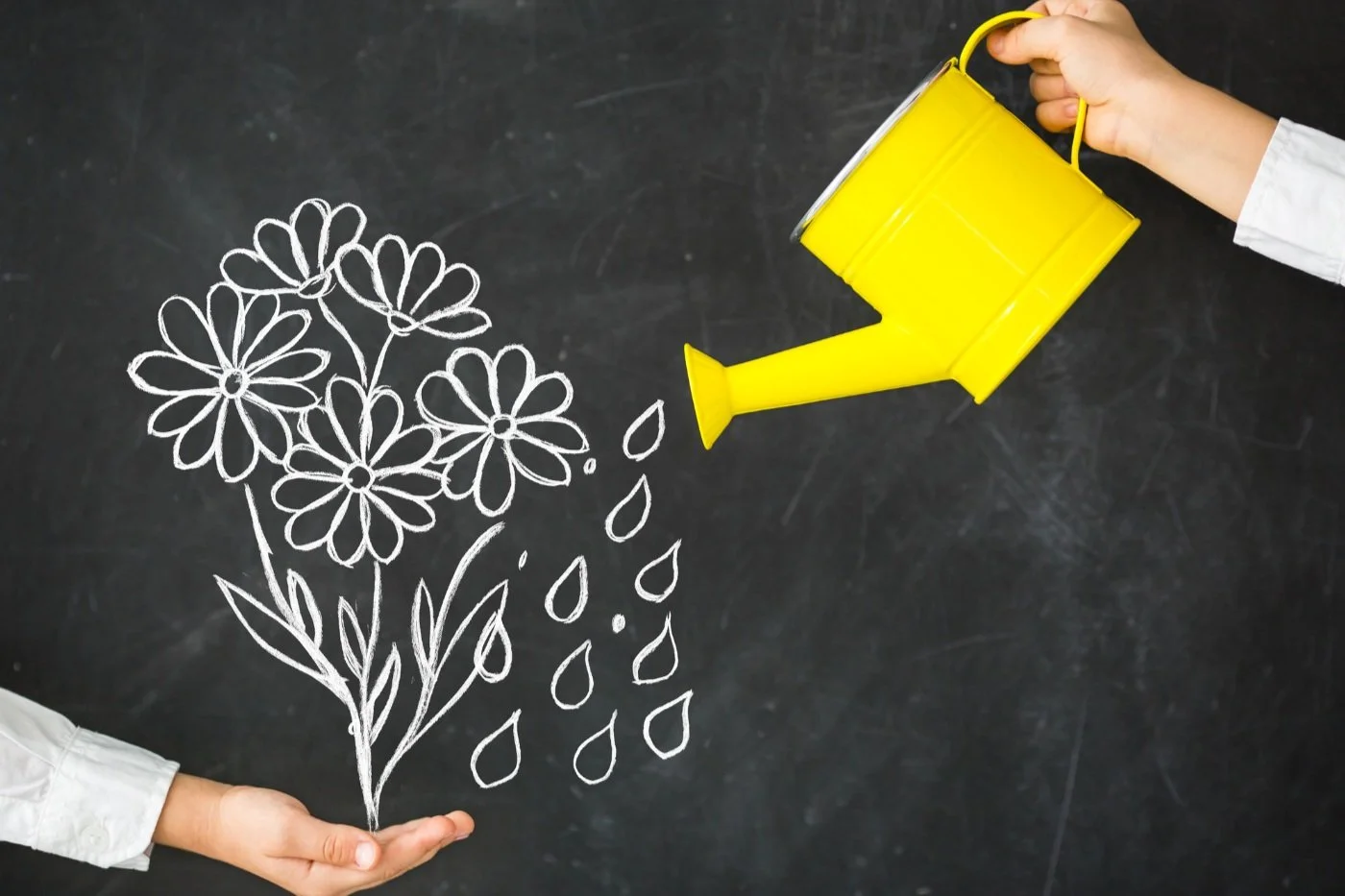Cultivating a Growth Mindset as a Home Educator
Homeschooling requires flexibility and a willingness to adapt. Embracing a growth mindset not only enhances your effectiveness as a teacher but also sets a powerful example for your children.
Cultivating a growth mindset takes time, but it begins with understanding that our brains are malleable, and CAN change. Whatever has happened to us, whatever experiences we've had, we can learn from them in order to create positive change in our lives by:
Embracing challenges and learning from failure,
Encouraging lifelong learning within yourself and your children,
And implementing practical strategies for fostering resilience and perseverance.
The importance of embracing challenges and learning from failure.
In Islam, embracing challenges and learning from failure is seen as part of Allah's wisdom.
The Quran reminds us that difficulties are tests that strengthen our faith and character: "Indeed, with hardship comes ease" (Quran 94:6). By accepting challenges with patience (sabr) and reflecting on our mistakes, we grow spiritually and mentally.
One of the ways we can reflect inwardly is by using one of the strategies we learned from Br Ahmad Fahmy in our Morning Mindset, the Iceberg Effect.
This states that the majority of what we perceive about a person is just the tip of the iceberg, or what's apparent on the surface, but the rest of the iceberg is 90% below the water. In our own lives, 90% of what makes who we are is below the surface of what we show to others. Only with constant reflection can we learn to see and understand the deeper parts of ourselves and others.
Only when we are brave enough to journey and work through those hidden parts of ourselves can we take true stock of our situations, our mindsets, and create lasting positive change.
Practical Ways to Foster Resilience and Perseverance
Being willing to learn from our experiences helps us to become more resilient human beings and bounce back from challenging times.
To help foster this resilience and perseverance, we must develop a reliance on dua in times of difficulty, maintaining trust in Allah's plan (tawakkul), and setting small, steady goals with a focus on consistent effort (istiqamah).
Teaching ourselves and our children to stay away from a victim mentality, where everything is happening "to us" or we are constantly placing blame onto others for our situations, helps also. Blaming others can often serve as a tool of avoidance and prevent us from truly learning about ourselves.
But when we turn inwards, take accountability, and face our challenges head on with patience and trust in Allah’s wisdom, we can learn from whatever life brings our way and build strong, resilient hearts.
Check out these good books on Growth Mindset for your home library:
As we continue on this path of homeschooling, let’s remember that our personal development as home educators is not just for the benefit of our children, but for ourselves as well.
When we grow in knowledge, faith, and character, we can better fulfill our role as educators while creating a nurturing and enriching environment for our families.

